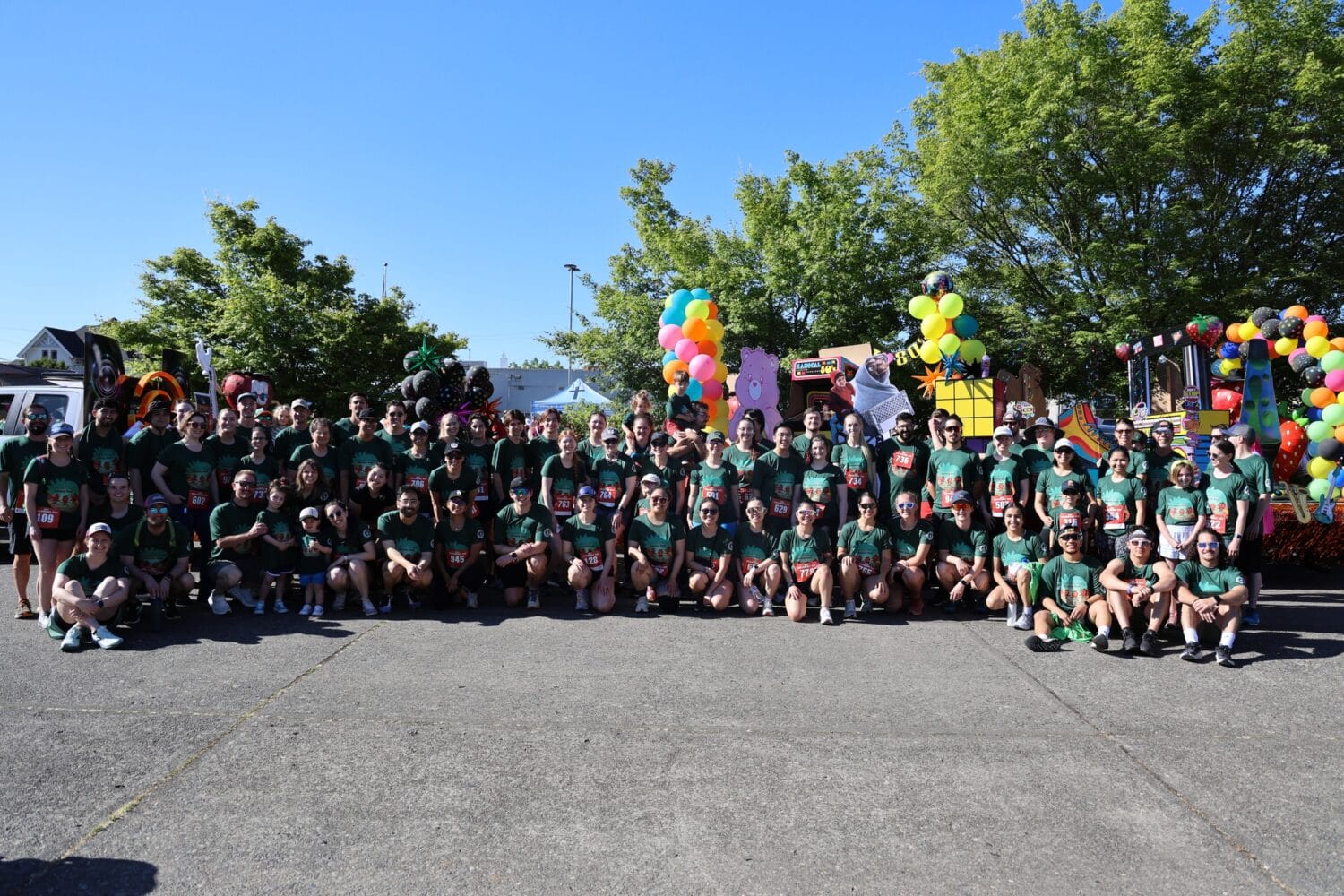WesternU receives more than $1.3 million in federal grants
Western University of Health Sciences programs received more than $1.3 million in federal funding to enhance learning and bring critically-needed care to vulnerable populations.
The Department of Physician Assistant Education, part of the College of Allied Health Professions, received about $100,000 in Health Resources and Services Administration grant funding to buy 10 Student Auscultation Manikins.
The College of Dental Medicine (CDM) received about $180,000 in HRSA grant funding for Project TEACH (Training Equipment for Access and Community Health). The money will be used to provide mobile dental care to rural and underserved populations.
The College of Graduate Nursing (CGN) received about $1.05 million for students in the Family Nurse Practitioner (FNP) master’s program. The money will cover full tuition and educational expenses, as much as $22,000 per year, for six full-time students per year who, upon graduation, are planning to work with vulnerable populations in the delivery of Primary Care to patients in medically underserved areas. These underserved areas include those with “financial, racial, linguistic and cultural barriers to health care services and (to varying extents) need for services,” according to the National Health Policy Forum.
This grant expands access to primary care by allowing part-time FNP students to become full-time students so they can finish the program quicker and begin making a difference in the community.
The scholarships will also benefit new incoming FNP students who were accepted as part of CGN’s expansion. The FNP program averages 25 to 35 students per class. This year the program accepted 47 new students, said Diana Lithgow, PhD, FNP-C, RN, MSN, CGN Assistant Dean of Distance Education, Director MSN/FNP Program and Professor.
Many FNP students come from rural and underserved areas, Lithgow said. Because the FNP program utilizes distance learning, these students are more likely to remain in the areas where they live.
“Our program is unique in that it promotes people staying in the community and maintaining community ties,” Lithgow said. “They’re already living in these communities, rural and vulnerable populations, so they know what the needs are. They raised families there. To be able to advance their education, get primary care skills and then be able to serve that population makes sense.”
CDM is partnering with the Victor Valley Dental Center in Victorville to furnish the center’s mobile dental van with two fully-equipped dental chairs, said Timothy Martinez, DMD, CDM Associate Dean for Community Partnerships and Access to Care. CDM students will travel with the mobile van to schools in the Victorville area to treat students.
“This will help students get more comprehensively involved with these patients,” Martinez said.
The grant funding also paid for three portable digital radiographic units, three portable sterilization units and two complete hand piece set ups. These portable units will help the college address multiple needs, such as providing dental care to students in the El Monte and Pomona unified school districts.
CDM will also provide perinatal dental education and prevention services for the California Department of Health’s Black Infant Health (BIH) program, which provides health education, health promotion, social support and service coordination to pregnant women and their children.
“We will be able to increase access to care for some of our most vulnerable populations,” Martinez said. “This equipment will enable us to do a more comprehensive diagnosis.”
The Department of Physician Assistant Education will use about $100,000 in federal funding to improve student education and testing by purchasing 10 torso mannequins that simulate heart, lung and abdomen sounds.
Students had listened to these sounds on CD, but the recordings were of poor quality, said Paige McNamara, PA-C, PA Department Clinical Education Coordinator. The Student Auscultation Manikin (SAM) will allow students to hear a wide range of sounds, including different types of murmurs.
“I heard one murmur the entire time I went through rotations,” McNamara said. “They will get their skills ready for rotations.”
Students could listen to each other’s heartbeat and breathing, but they would typically not be exposed to the broad range of abnormal sounds that they need to learn, said Tina Boykin-Mowrey, MPH, MS, PA-C, PA Department Clinical Education Coordinator.
“This will expand our training capabilities,” she said.



